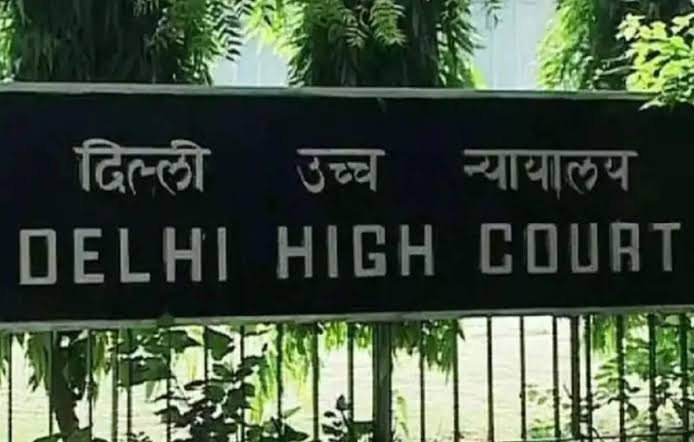Delhi HC (High Court) granted bail on Wednesday to Hari Om Rai, the Managing Director of Lava International, in connection with a money laundering case involving Chinese smartphone maker Vivo. The decision brought into focus important legal nuances regarding the Prevention of Money Laundering Act and its application in complex economic cases.
Background of the Case
The ED had arrested Hari Om Rai in relation to the money laundering allegations involving Vivo-India. The ED alleged that Vivo-India and its associates have transferred ₹62,476 crore to China to avoid taxes in India. According to the ED, these transactions violated economic laws and compromised the financial sovereignty of the country.
The case also prima facie alleged a larger money laundering network involving Chinese nationals and multiple Indian companies. In July 2022, the ED conducted raids that unturned thousands of pages of evidence, several accused persons, and multiple witnesses.
Courts Ground for Bail
The Delhi High Court has granted bail to Rai on the following grounds.
Extended Custody: The Court also noted that Rai was sitting in custody for a pretty long period.
Stage of the Trial: The trial was at its nascent stages, and no conclusion would come anytime soon because the case was too complicate.
Equality Before the Law: Other accused persons in the same case had already been release on bail, and this supported Rai’s application.
It further stressed that the twin conditions for allowing bail under Section 45 of the PMLA stood satisfied and reiterated that it should not be allowed to enforce indefinite incarceration, keeping in mind Article 21 of the Constitution, which guarantees the right to personal liberty.
Delhi HC Legal Perspective of Section 45 of PMLA
Section 45 of the PMLA prescribes conditions additional to those in the Code for granting bail. However, for these conditions the court clarified that they are not absolute and must yield to constitutional principles, especially when prolonged incarceration is not justified.
The judgment went on to state that the nature of the allegations, the volume of evidence. The duration of custody must be balance against the accused’s right to liberty. It stressed that money laundering cases cannot be brought on par with serious crimes like murder and rape, punishable by death or life imprisonment.
Delhi HC:Conditions for Bail
Rai was released on regular bail after furnishing a personal bond of ₹1 lakh with one surety for the same amount. The court ordered him to comply with conditions including:
- Cooperating in the investigation.
- Not tampering with evidence or harassing witnesses.
- Residing as required during trial proceedings.
- ED’s Allegations Against Vivo-India
The ED charged Vivo-India with carrying out illicit activities, allowing the company to make wrongful gains and cause significant tax losses to India. In the chargesheet, the ED made it clear that it had discovered:
Delhi HC: Illegal Transfer of ₹62,476 to China
Dealing with Chinese nationals and Indian companies in a greater money laundering operation.
Vivo-India has denied the allegations, stating its commitment to ethical practices and legal compliance. The case raises questions about foreign companies’ place in India’s economic ecosystem.
Delhi HC: Implications of the Bail Decision
At the same time, it also reminds the courts of today that crime investigation and individual liberties must strike a balance. The judgment provides an early precedent for PMLA cases. One ought not to misuse such legislation by prolonging detention without trial.
It points out how tough it is to prosecute international economic crimes involving multinational corporations because the evidence is spread across jurisdictions and legal systems.

FAQs
1. Why was Hari Om Rai arrested?
His arrest by ED has been done in a money laundering case against Vivo-India and its associates for transferring ₹62,476 crore to China to evade tax.
2. Section 45 of PMLA.
Section 45 lays down conditions relating to the provision of bail in cases related to money laundering. It requires the court to be satisfied that the accused is not guilty and will not commit further offenses if released.
3. Why did the court grant bail to Hari Om Rai?
The court granted bail considering the prolonged period of detention of Rai. The early stage of the trial and the fact that all other accuse persons have already been grant bail.
4. What conditions must be follow by Rai while on bail?
Rai is expected to furnish a personal bond of ₹1 lakh and cooperate with the investigation. Avoid any act of tampering with evidence, and attend all court proceedings.
5. What are the ED’s allegations against Vivo-India?
The ED charges Vivo-India of transferring ₹62,476 crore to China. As part of a larger money laundering scheme of Chinese nationals and Indian companies causing significant tax losses to India in the process.







Be First to Comment